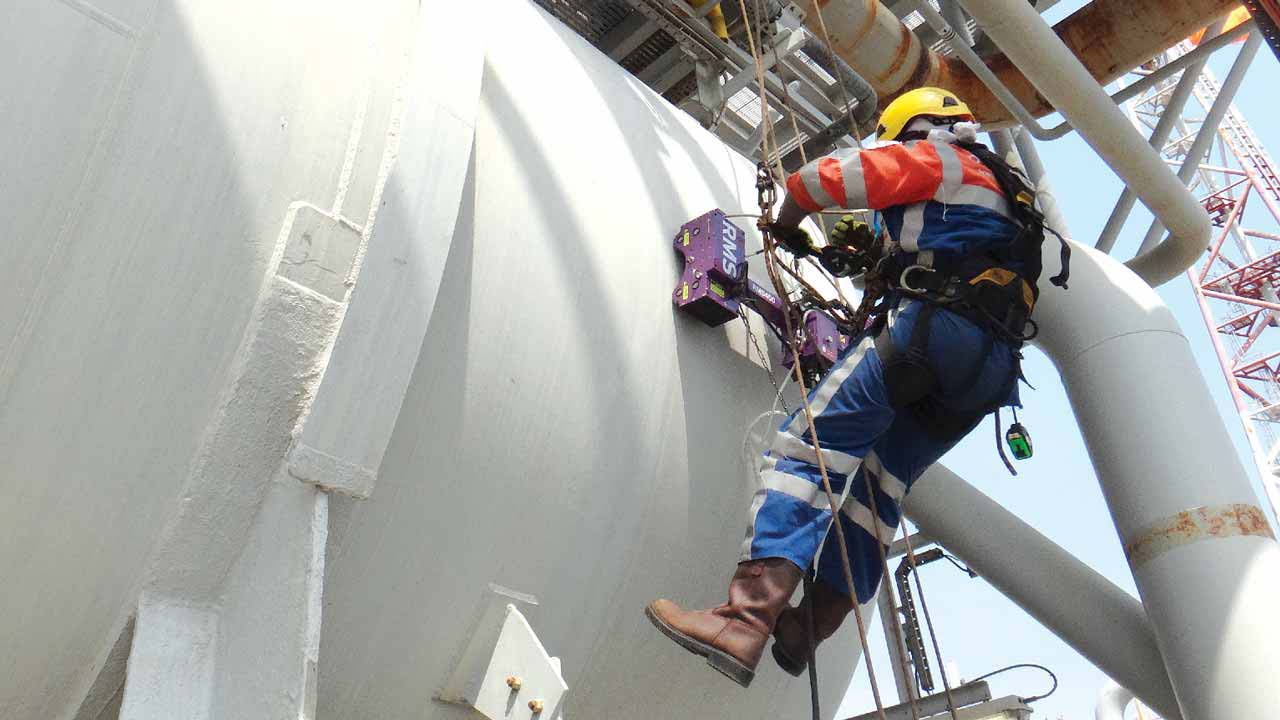The naira will continue to demonstrate its resilience despite escalating diplomatic tension between the United States and Nigeria, Oxford Economics said in a report.
The naira traded within the N1,435/$- N1,446/$ range in early November despite President Donald Trump‘s controversial genocide claim against Nigeria and threat of military intervention.
The currency’s stability comes as thousands of protesters took to the streets of Kano on Saturday to demonstrate against Trump’s remarks, raising concerns about potential economic fallout from deteriorating US-Nigeria relations.
Oxford Economics, in a report, attributes the naira’s resilience to the currency’s undervaluation. This, it said, has created a valuation buffer that has helped it to weather both geopolitical uncertainties and downbeat oil prices.
“The local unit is in a good position to weather more volatile global dynamics and limited local instability,” the report said. The naira staged a strong recovery since Trump’s ‘Liberation Day’ tariff announcement in early April, when the currency initially weakened to N1,643.3/$ from around N1,540/$ at the end of March.
It has since clawed back losses, breaking below the N1,500/$ ceiling in mid-September and maintaining stability in the past two months. The currency’s performance comes against a backdrop of heightened tensions following Trump’s November 1 claims of Christian genocide in Nigeria and his directive to the Department of War to prepare military intervention options ranging from airstrikes to joint operations with Nigerian forces.
Saturday’s protests in Kano, Nigeria’s second-largest city, saw demonstrators carrying placards reading “We condemn Trump’s threat to attack Nigeria” and “America wants to control our resources,” reflecting concerns about sovereignty and economic interests.
In response to Trump’s allegations, the Nigerian government on Sunday released statistics showing intensified counterterrorism efforts have resulted in the arrest, neutralisation or prosecution of over 124,000 fighters and their dependents since 2023, with more than 13,000 terrorists neutralised in 2025 alone.
The presidency also noted that over 2.1 million internally displaced persons have returned to their communities, signalling improved stability in previously vulnerable areas.
Nigeria has received support from key international players, with China opposing foreign interference under religious pretext, while the African Union, Economic Community of West African States (ECOWAS) and the European Union have reaffirmed Nigeria’s sovereignty and urged the U.S. to engage the country constructively.
Analysts assess that heavy or medium US military intervention remains unlikely, with Washington more inclined toward light engagement and cooperation with Nigerian forces, reducing potential economic disruption risks.






